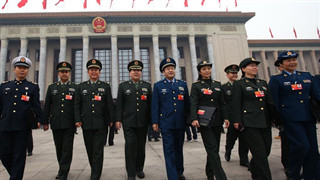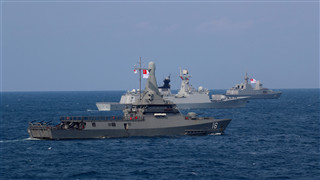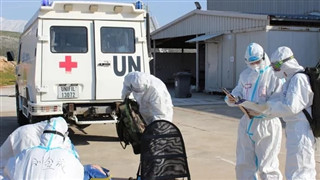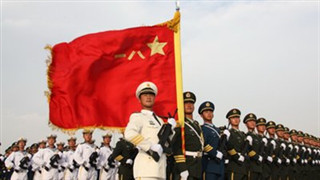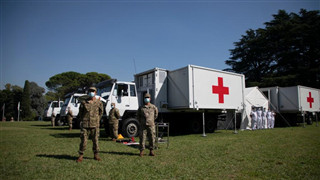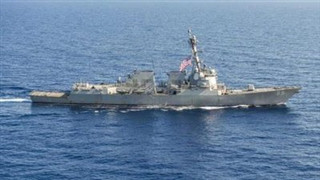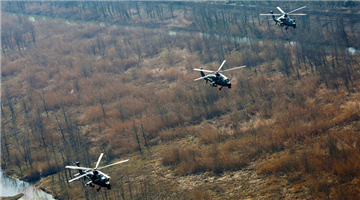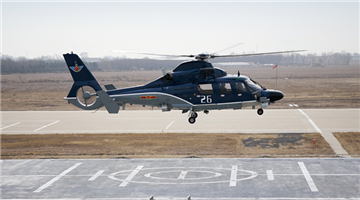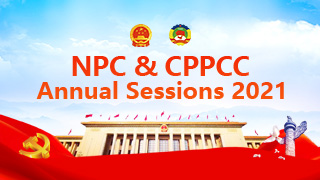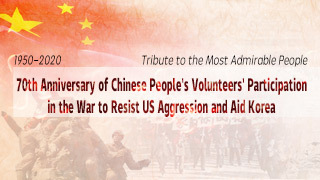-The Two Sessions, annual meetings of China's top legislature and its top political advisory body, had been held in March since 1985.
-The annual conferences were fixed on March 5 and 3, respectively, in 1998.
-This year marks the first time that the Two Sessions have been postponed since those dates were set in stone.
-But why must China hold the Two Sessions?
BEIJING, May 21 (Xinhua) -- The global fight against the COVID-19 is still ongoing. In China, as the situation is improving, the country will hold two crucial political meetings, the annual sessions of the National People's Congress (NPC) and the Chinese People's Political Consultative Conference (CPPCC) National Committee, starting May 21 in Beijing.
The meetings, known together as the Two Sessions, a window to observe China's development and an embodiment of Chinese democracy.
Every year, the Two Sessions cover China's essential economic and social development plans. It draws worldwide attention.
The assemblies offer journalists the opportunity to put questions to the Chinese premier and ministers.
The Two Sessions usually run in March. This year, however, due to COVID-19, they were postponed to late May.
The annual meetings will also be shorter than usual this year.
Interviews will be streamlined, and new methods, such as video link, will be used.
Why must China hold the Two Sessions?
The Two Sessions had been held in March since 1985.
The annual conferences of the NPC and CPPCC National Committee were fixed on March 5 and 3, respectively, in 1998.
This year is the first time that the Two Sessions have been postponed since those dates were set in stone.
As China's top legislature, the NPC deliberates and passes major laws, decides on major issues, and supervises the work of the State Council, the Supreme People's Court and the Supreme People's Procuratorate.
There are nearly 3,000 NPC deputies.
Deputies above the county level are elected by those at the next lower level, while deputies at county and township levels are directly elected by voters.
Females account for nearly a quarter of all NPC deputies.
Every ethnic group has its NPC deputy or deputies.
The CPPCC is an important institution of multi-party cooperation and political consultation led by the CPC.
Its national committee has more than 2,000 members, comprising CPC representatives, members of other political parties, and all walks of life.
NPC deputies and CPPCC members represent the voices and interests of different regions and groups.
NPC deputies submit motions and are the voice of the people they represent, while CPPCC members offer proposals to participate in the deliberation and administration of state affairs.
The Two Sessions are deemed as an embodiment of the vitality of socialist democracy with Chinese characteristics.
The convening of the Two Sessions indicates that China has made significant achievements in epidemic prevention and control.
This year, the Two Sessions have particular tasks.
2020 is the deadline for China to become a moderately prosperous society in all respects and to eradicate poverty. It is also a historic juncture in China's two centenary goals.
China's economy slowed in the first quarter, as a result of the epidemic, but it also showed excellent resilience as work and production resumed at a faster pace.
However, the global pandemic and economy remain grim and complicated, and China faces unprecedented development challenges.
At this critical time, the Two Sessions must oversee overall plans, unify minds, and increase national cohesion to achieve the country's important goals and tasks.
Some of the vital issues slated for discussion by the 5,000 national lawmakers and political advisors may include the "three tough battles," "Six Stables," and "Six Guarantees."
Not only are the Two Sessions crucial to China, but they also impact the wider world.
China will continue to extend reform and opening-up. Upholding the vision of building a community with a shared future for mankind, China will make more significant contributions to the COVID-19 fight and help activate the global economy.
